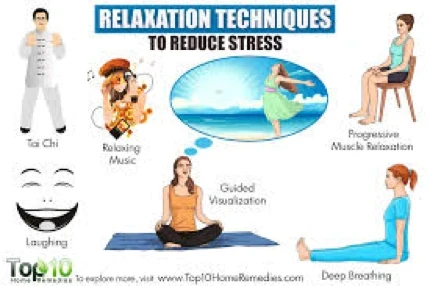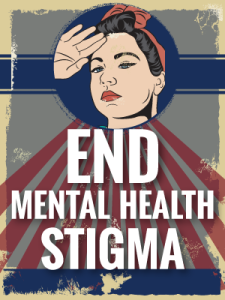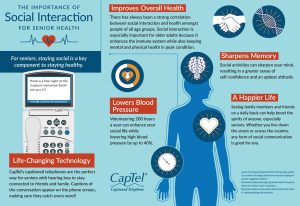
Tips for Relaxation and Mindfulness to Reduce Mental Stresses
Introduction
In today’s fast-paced world, stress and anxiety have become all too common. Our minds are constantly bombarded
with information, deadlines, and expectations from both work and personal life. This can lead to mental
exhaustion and a decline in overall well-being. Practicing relaxation and mindfulness techniques can help reduce
these mental stresses and bring us a sense of peace and calm. In this article, we will explore some effective
tips for relaxation and mindfulness that you can incorporate into your daily routine.
1. Deep Breathing Exercises
Deep breathing exercises are a simple yet powerful technique for relaxation and stress reduction. Start by finding
a quiet place where you can sit or lie down comfortably. Close your eyes and take a slow, deep breath in
through your nose, allowing your abdomen to expand as you fill your lungs with air. Hold the breath for a few
seconds, then exhale slowly, emptying your lungs completely. Repeat this process several times, focusing on the
sensation of the breath entering and leaving your body. Deep breathing helps activate the body’s relaxation
response, promoting a sense of calmness and reducing anxiety.
2. Engage in Mindful Meditation
Mindful meditation involves focusing your attention on the present moment without judgment. Find a quiet and
comfortable spot, sit in a relaxed position, and close your eyes. Begin by bringing your awareness to your
breath, noticing the sensation of each inhale and exhale. If your mind starts to wander, gently guide your
attention back to your breath. Allow any thoughts or emotions to come and go without attaching to them. Regular
practice of mindful meditation can train your mind to become more aware and resilient to stresses, promoting
calmness and mental clarity.
3. Practice Progressive Muscle Relaxation
Progressive muscle relaxation involves tensing and relaxing various muscle groups in your body, promoting a
deep sense of physical and mental relaxation. Find a quiet and comfortable space to lie down. Starting from your
toes, gradually tense and relax each muscle group, working your way up to your head. As you tense the muscles,
hold the tension for a few seconds and then release, allowing the muscles to become loose and relaxed. This
technique helps relieve physical tension and can also have a positive impact on your mental well-being.
4. Create a Relaxation Routine
Establishing a regular relaxation routine can be immensely beneficial in reducing mental stresses. Set aside a
specific time each day dedicated to relaxation and mindfulness. This could be early morning, during your lunch
break, or before bed. Use this time to engage in any of the activities mentioned above or any other activities
that promote relaxation, such as taking a warm bath, listening to soothing music, or engaging in a hobby you
enjoy. Consistency is key, so make an effort to stick to your relaxation routine even on busy days.
5. Limit Digital and Media Consumption
In today’s digital age, it’s easy to get caught up in the constant flow of information from smartphones, social
media, and other digital platforms. However, excessive digital consumption can contribute to stress and
overwhelm. Set boundaries on your screen time and make a conscious effort to disconnect from technology
regularly. Instead, engage in activities that promote relaxation and mindfulness, such as going for a walk in
nature, reading a book, or reconnecting with loved ones. By limiting your exposure to digital distractions, you
can create space for mental relaxation and rejuvenation.
Conclusion
Reducing mental stresses and promoting relaxation and mindfulness is crucial for our overall well-being. By
incorporating these tips into your daily routine, you can cultivate a more peaceful and balanced state of mind.
Remember, it’s important to make self-care a priority and give yourself permission to take a break from the
constant demands of life. With practice and consistency, you can achieve a greater sense of calm and resilience
in the face of everyday stresses.

